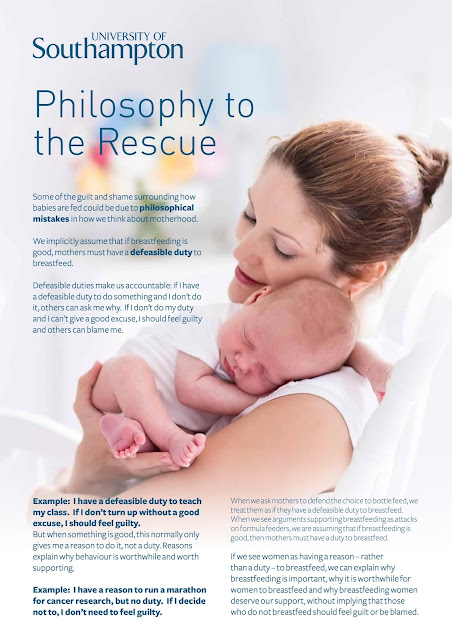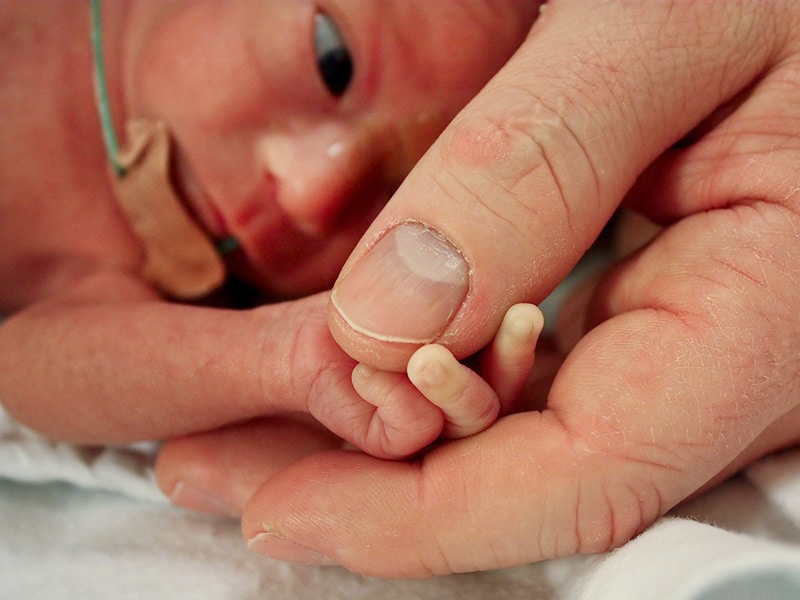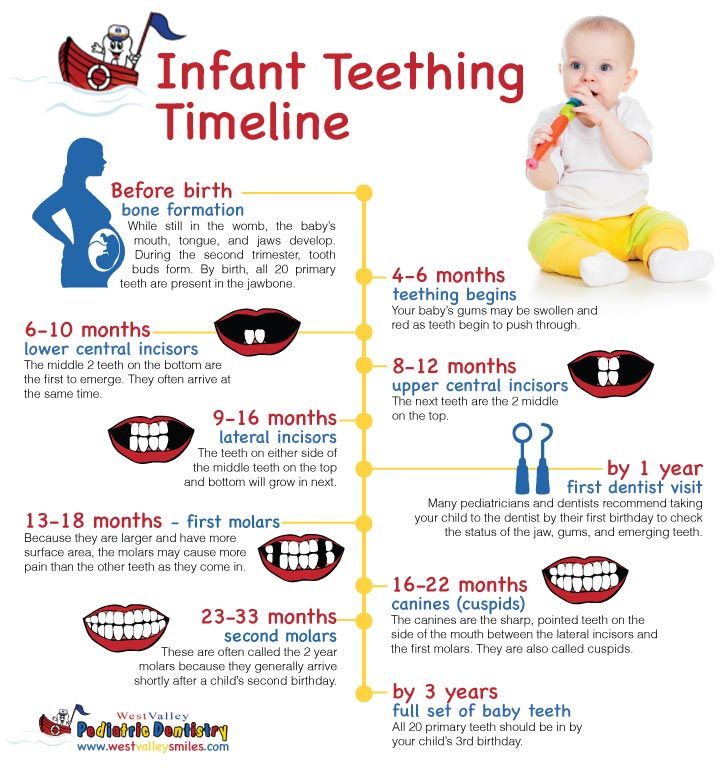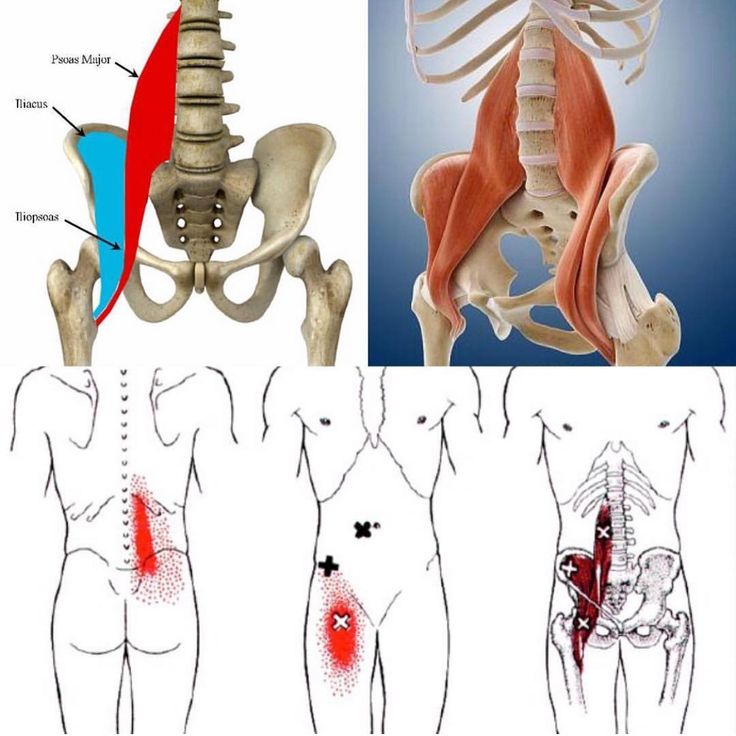Signs of a strong pregnancy
Signs of a Healthy Pregnancy – Maintaining the Good Antenatal Care
The signs of a healthy pregnancy vary between women and not all women experience all the symptoms of pregnancy. The best way to ensure a healthy pregnancy is to make sure you receive good antenatal care and take care of yourself. Generally speaking a healthy mother is more likely to have a healthy baby, and this can best be achieved by working with general practitioners and/or midwives during your pregnancy.
The Importance Of A Healthy Pregnancy For A Healthy Baby
Statistically, a mother’s chance of miscarrying a foetus is highest before the 20th week of pregnancy so it is good counsel to consult with your healthcare practitioner at the first sign you think you may be pregnant.
The earliest signs of a healthy pregnancy differ between women. Some women may experience a combination of signs while others may not present with any so if you are unsure it is always best to err on the side of caution and consult with your healthcare practitioner. The first or earliest signs of pregnancy may include
- A missed period
- Nausea or vomiting, often early in the morning and thus referred to as ‘morning sickness’ (although it can occur at any time during the day)
- Tiredness, headaches or fatigue
- Enlargement or sensitivity of the breasts
- An enhanced sense of smell or avoidance of foods you previously used to like
- Food cravings, sometimes for unusual foods or food combinations
- Frequent urination
Because some of these symptoms may present because of other conditions, a pregnancy test will confirm if you are pregnant. Your healthcare practitioner may administer a blood test, a urine test or an ultrasound to confirm your pregnancy.
What Are The Signs Of A Healthy Pregnancy?
As mentioned above, a healthy mother is more likely to have a healthy baby and taking good care of your body is a good way to give birth to a healthy baby. If you are pregnant you must secure good antenatal care to preserve your health and that of your developing baby.
Consistent Growth Patterns
Good growth and development is the surest manner to keep track that your foetus is developing into a healthy baby. Having regular antenatal care helps your healthcare practitioner to plot your baby’s development and ensure that growth milestones are being achieved. On average a foetus can be expected to grow at a rate of about two inches per month. Generally, the average baby weighs around 3kg at the time of birth, but this figure is very dependent on the baby’s genetics.
Maternal Weight Gain
Attached to the development of the foetus is the weight gain and belly growth of the mother. At each antenatal appointment, your general practitioners will take your weight and measure the growth of your belly.
Foetal Movement
Your baby’s movements can usually be felt from about 5 months or 20 weeks and after some time you will start to notice a pattern to the movement. Your baby’s first movements are referred to medically as foetal quickening.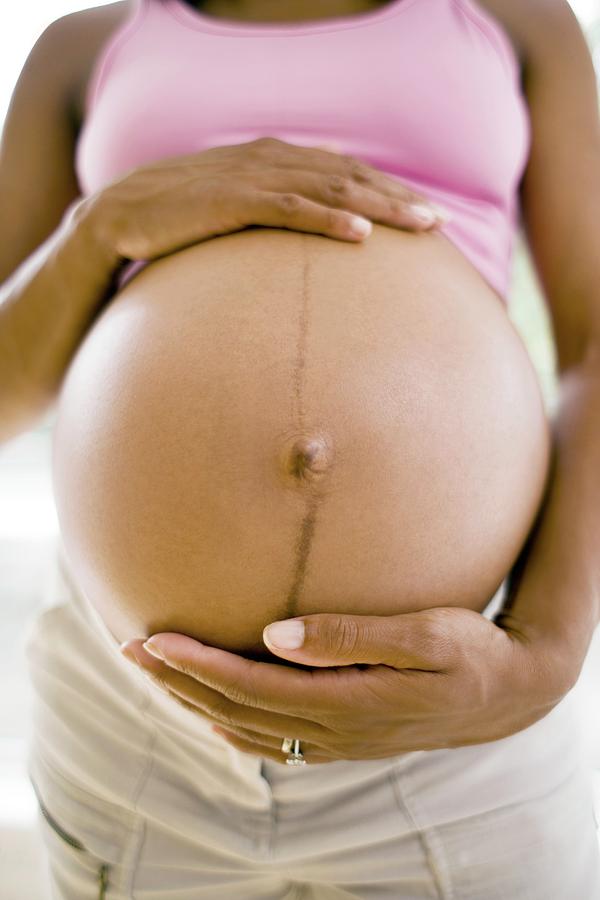
12 Signs Your First Trimester Is Going Exactly As It Should
First Trimester
VioletaStoimenova/E+/Getty Images
It can feel unfamiliar, but try not to stress.
by Sarah Hosseini and Jennifer Parris
Updated:
Originally Published:
Those first three months of pregnancy — otherwise known as the first trimester — can be tough. All of a sudden, your body starts changing shape, and you're feeling all types of sensations that are pretty out of the ordinary for you. As you start going through the pregnancy process, undoubtedly, you’ll be excited and nervous. It's hard not to worry about some of the more unfamiliar symptoms. Thankfully, there are several signs your pregnancy is going well in the first trimester and everything is exactly as it should be.
The first trimester is defined as the time between the fertilization of the egg and the 13th week of your pregnancy.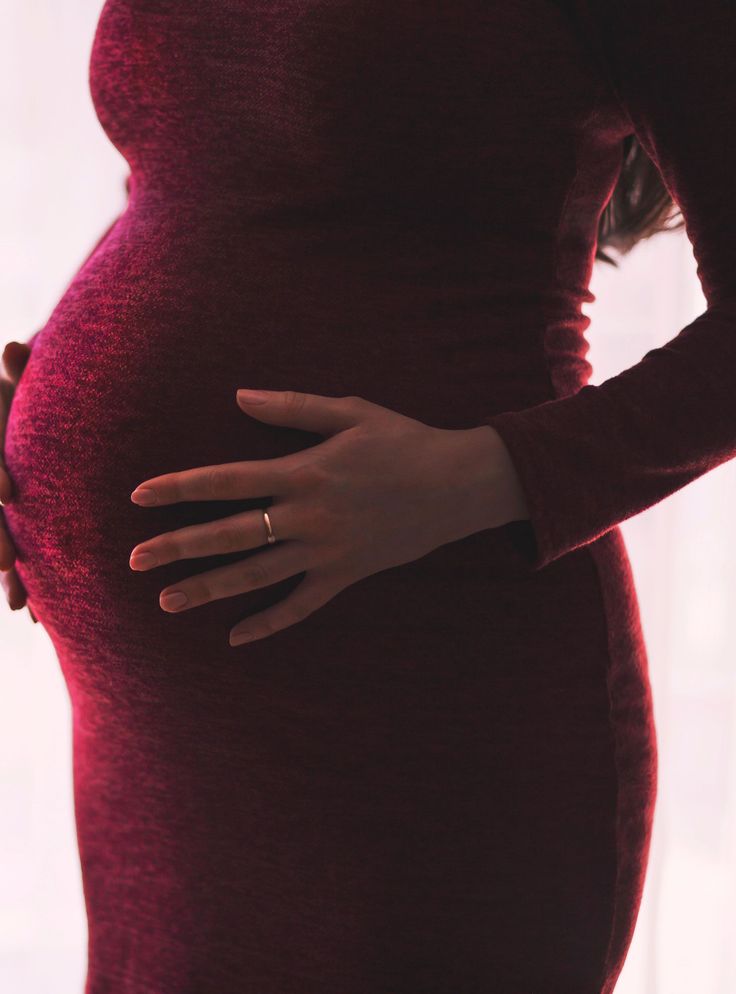 “It begins on the first day of your last menstrual period and continues until the last day of the 13th week,” board-certified OB/GYN Dr. Sherry Ross, M.D., tells Romper. You might not even look pregnant yet, but you’ll probably be feeling it. Your body is going through so many changes during this time, and it may be hard trying to figure out what is normal and what’s not, even if you’ve been pregnant before. “Many women delight in getting a positive pregnancy test after planning and trying to conceive,” OB-GYN Dr. Delisa Skeete Henry, M.D., tells Romper. “They are oftentimes blindsided by the not-so-pleasant first trimester, which can truly be miserable.” (Luckily, the first trimester symptoms tend to go away by around 12 or 14 weeks of pregnancy, Skeete Henry says, so try to hang in there.)
“It begins on the first day of your last menstrual period and continues until the last day of the 13th week,” board-certified OB/GYN Dr. Sherry Ross, M.D., tells Romper. You might not even look pregnant yet, but you’ll probably be feeling it. Your body is going through so many changes during this time, and it may be hard trying to figure out what is normal and what’s not, even if you’ve been pregnant before. “Many women delight in getting a positive pregnancy test after planning and trying to conceive,” OB-GYN Dr. Delisa Skeete Henry, M.D., tells Romper. “They are oftentimes blindsided by the not-so-pleasant first trimester, which can truly be miserable.” (Luckily, the first trimester symptoms tend to go away by around 12 or 14 weeks of pregnancy, Skeete Henry says, so try to hang in there.)
As you go through the process of making and growing a human, you’ll no doubt be very attuned to every little sensation and symptom. Here are twelve signs your pregnancy is going well in the first trimester to assure you everything is progressing according to plan.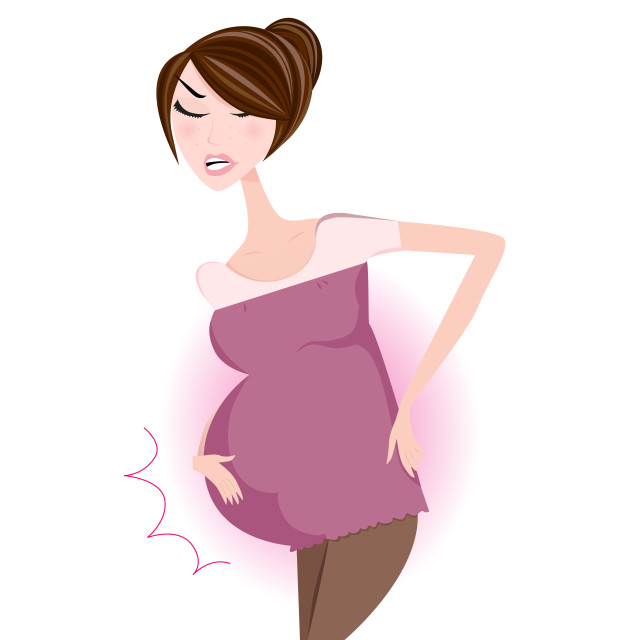
1
You’re Exhausted
recep-bg/E+/Getty ImagesDuring the first trimester of my first pregnancy, I was useless by 3 p.m. and in bed by 8 p.m. Many other people in the first trimester likely feel the same. Get ready for mid-afternoon naps and 7 p.m. bedtimes, advises Skeete Henry. “During the first trimester, your body will be exhausted,” she says. “There is a tremendous amount of metabolic work that is occurring, and you will need lots of rest.” So even if you want to keep up your regular routine, don’t try to fight the pregnancy fatigue. Just listen to your body and rest when you feel like you need it.
2
You’ve Been Missing A Period
This one seems obvious, but it will probably be your most clear-cut sign of pregnancy along the way. “Missing a period is usually the first sign of a new pregnancy, although women with irregular periods may not initially recognize a missed period as pregnancy,” Ross explains. So, while this is a tell-tale sign for a lot of people, some won’t notice this indicator.
3
You Have Heartburn
There’s a host of symptoms you may experience during the first few weeks of pregnancy, and many symptoms can be explained by an increase in progesterone during the first trimester. According to Ross, experiencing things like stomach upset and heartburn is “normal and expected in the beginning of a new pregnancy as a result of normal hormonal changes and taking prenatal vitamins.”
4
Your Boobs Are Huge & In Pain
If you went to bed with a B cup and woke up with a C, don’t be surprised. Sore breasts are one of the earliest and most common signs of pregnancy and are caused by a surge in hormones.
“Progesterone increases during the first trimester, which makes your breasts exquisitely tender, achy, and sensitive.” says Skeete Henry. While symptoms should improve as you enter the second trimester, it might be time to go bra shopping. “Invest in some good-fitting sports bras,” says Skeete Henry. Keeping your girls supported can help assuage symptoms.
5
You’re Constipated
ShutterstockPregnancy sure can plug you up — in all the wrong ways. If you’re having pooping problems, you can thank pregnancy hormones. “The miracle drug progesterone that supports your growing bundle of joy also slows the motility of your colon and bowels,” explains Skeete Henry. As a result, you might find yourself spending more time sitting on the toilet. If your constipation is problematic, you should speak to your OB-GYN about it, but usually, staying hydrated and upping your fiber intake should get things moving again.
6
You’re Bloated & Develop “The Blump”
You’re not showing off a baby bump yet, but because of excess bloating, you’ve got “the blump.” Ugh. “Because of the pregnancy hormones, the bowels are slow to move, therefore you feel bloated and full especially by the end of the day,” says Skeete Henry. The excess pressure in your abdomen and uterus can also strain your “down there” muscles, causing you to pass gas like it’s your day job.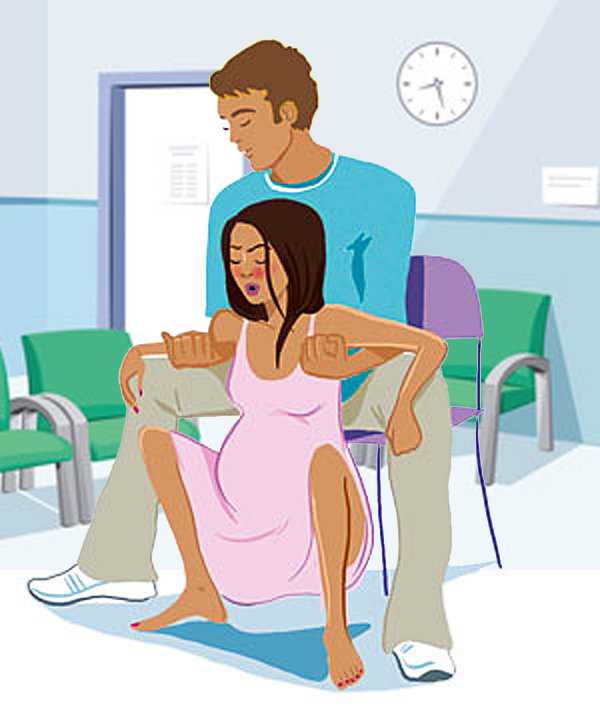 It’s equal parts normal and mortifying.
It’s equal parts normal and mortifying.
7
You Feel Nauseated All Day Long
Morning sickness is one of the telltale signs your pregnancy is going well in the first trimester, although the term is a bit of a misnomer. While you might experience it in the a.m., for many people, pregnancy nausea is a 24/7 deal — and it can be totally miserable. “Some people are more sensitive to pregnancy hormones than others, whether that’s estrogen, which affects breast tenderness, or hCG levels, which control morning sickness,” Dr. Abigail Cutler, M.D., MPH, an OB-GYN at Yale-New Haven Hospital, tells Romper.
Until morning sickness subsides (typically after the first trimester), there are things you can do to ease the quease. “I recommend ginger tea or ginger candy,” says Skeete Henry. “Eating small meals throughout the day may help, too.” Even acupuncture can help relieve nausea.
8
You Have Frequent Headaches
Early pregnancy headaches can be triggered by many different things, but this onset of pain is often brought on by morning sickness.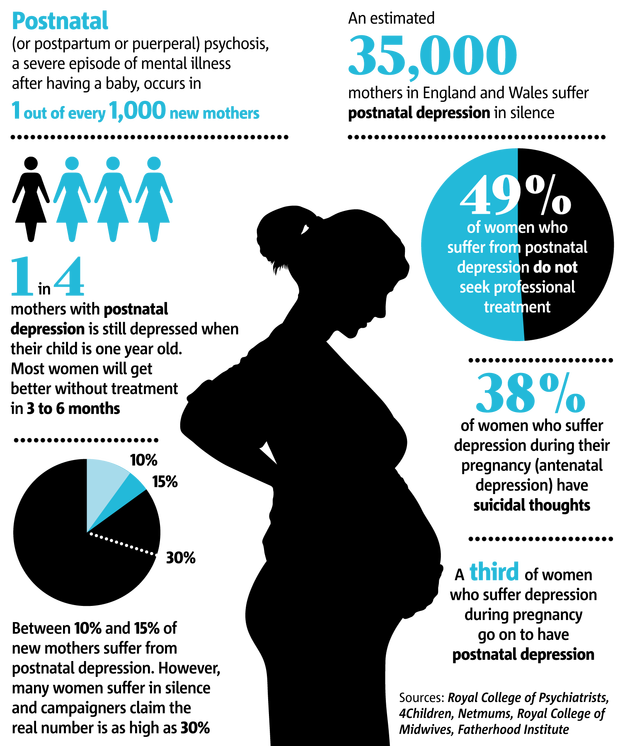 “Many patients have sporadic and intermittent nausea and vomiting with related relative dehydration, and that can also cause headaches,” Dr. Angela Bianco, an OB-GYN and maternal-fetal medicine specialist who specializes in high-risk pregnancies in the Mount Sinai Health system, previously told Romper.
“Many patients have sporadic and intermittent nausea and vomiting with related relative dehydration, and that can also cause headaches,” Dr. Angela Bianco, an OB-GYN and maternal-fetal medicine specialist who specializes in high-risk pregnancies in the Mount Sinai Health system, previously told Romper.
9
You Have Food Cravings & Aversions
aldomurillo/E+/Getty ImagesIf you thought that food cravings only come during the later stages of pregnancy, think again. According to Ross, hormones play a role in food cravings too, “including cravings for nonfoods like clay, dirt, and laundry starch.”
It’s also thought that maybe the theory of “your body craves what your body needs” is actually true. “Some scientists theorize that pregnancy cravings and food aversions reflect the need to meet a growing fetus's most basic energetic demands,” says Cutler.
10
You See Thick Vaginal Discharge
Thin, milky, white discharge, or leukorrhea, is a common pregnancy symptom.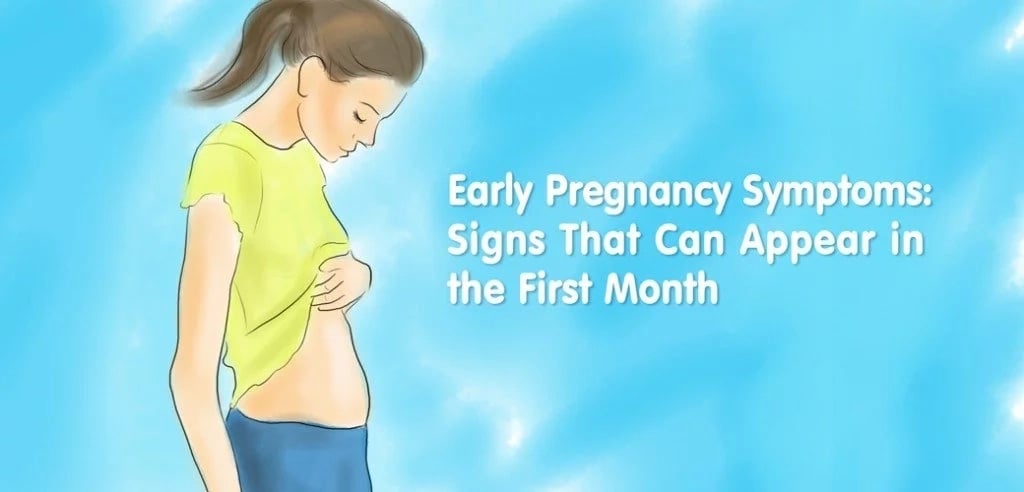 The discharge is caused by your body’s hormonal changes in early pregnancy. The increased blood flow to the pelvic area stimulates your body’s mucous membranes. “Pregnancy hormones increase the cervical mucus and increase vaginal discharge,” says Skeete Henry. “Normal discharge is typically pasty, clear to whitish in color, and odorless.”
The discharge is caused by your body’s hormonal changes in early pregnancy. The increased blood flow to the pelvic area stimulates your body’s mucous membranes. “Pregnancy hormones increase the cervical mucus and increase vaginal discharge,” says Skeete Henry. “Normal discharge is typically pasty, clear to whitish in color, and odorless.”
You may need to wear a pad to protect your undies during your pregnancy (but not a tampon, since it isn’t really safe). If your vaginal discharge has a foul-smelling odor or is green or yellow in color, Skeete Henry says to tell your doctor.
11
You Are Peeing A Lot
Frequent urination, even in early pregnancy without the weight of a baby, is very normal. “Your blood volume can increase fivefold during pregnancy,” explains Skeete Henry. “Since your kidneys are filtering lots more blood, this will create more urine, and therefore you will pee more.” While peeing all the time isn’t pleasant, it’s a natural part of pregnancy.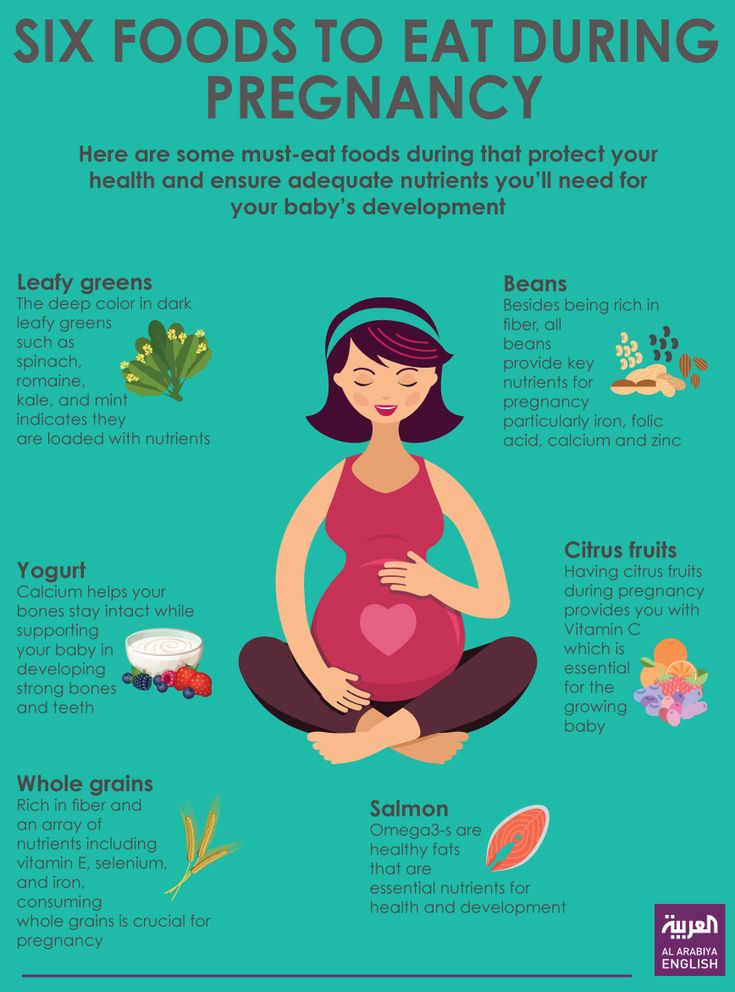
12
You Don't Have Any Symptoms
When you spotted those two little lines on the pregnancy stick, you prepared yourself for the onslaught of symptoms that you imagined would occur. And then… nothing. Not to worry, though. “Sometimes no signs are the best sign,” certified nurse practitioner Emily Silver tells Romper. “You may feel great and that is OK, and it’s also a sign of a very healthy pregnancy.” Skeete Henry adds, “If everything is confirmed normal with the pregnancy, then consider yourself lucky!"
Your body is going through such a transformation in the first trimester, and the changes may feel really weird or simply uncomfortable. If you’re experiencing any of the above, it simply means your body and baby are doing what they need to do. Taking care of yourself and keeping an open line of communication with your healthcare provider will ensure that you stay on track for your second trimester, and eventually, your baby’s delivery.
Experts:
Dr.:strip_icc():format(jpeg)/kly-media-production/medias/2785562/original/028627600_1556001360-shutterstock_1019963743.jpg) Delisa Skeete Henry, M.D., FACOG, OB-GYN
Delisa Skeete Henry, M.D., FACOG, OB-GYN
Dr. Abigail Cutler, M.D., MPH, OB-GYN at Yale, New Haven Hospital
Emily Silver, Certified Nurse Practitioner
Dr. Sherry Ross, M.D., OB/GYN, women’s health expert, author of She-ology, and co-founder of URJA Intimates skin care
This article was originally published on
The first symptoms and signs of pregnancy: how to understand that a miracle is near
There are many signs that may indicate pregnancy. These first signs of pregnancy are individual for each woman and the case of pregnancy. During pregnancy, you may find one or more of these signs. Don't worry, it's unlikely you'll have all the symptoms at the same time. In addition, you should not worry in their absence. It is possible to be pregnant and not see any signs of pregnancy. Regardless of whether you show the first signs of pregnancy or not, the only reliable way to determine pregnancy is to take a pregnancy test.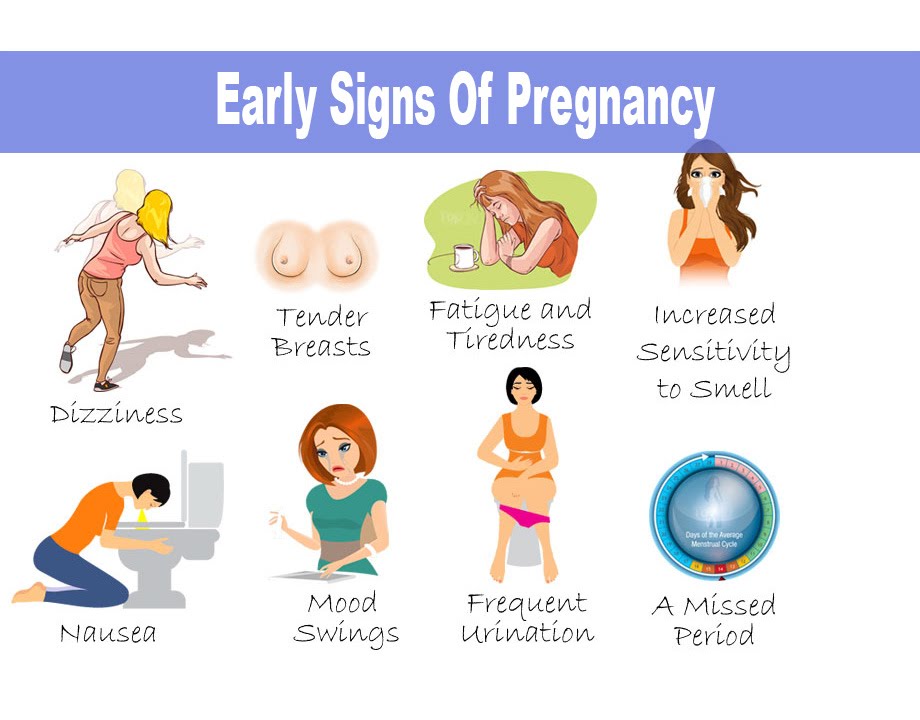
1. Missed period
If you normally have a regular menstrual cycle, this is the first physical sign of pregnancy. Remember that during pregnancy, light bleeding or discharge is possible both during the expected period and when the fertilized egg is implanted in the uterus. If your cycle is irregular, you may notice other pregnancy symptoms before you notice the absence of your period.
Some women, after having had perfectly regular periods for many years, may experience prolonged absence of menstruation. In this case, the first step is to exclude the possibility of pregnancy by performing a home pregnancy test. The medical term for not having a period for more than 6 months is amenorrhea. There can be many reasons for the unexpected cessation of periods, including rapid weight gain and loss, excessive exercise, and stress. If you are experiencing hot flashes and a decrease in interest in sex, these may be the first signs of menopause (perimenopause). Whatever the symptoms, it's a good idea to check with your doctor if your periods change or stop.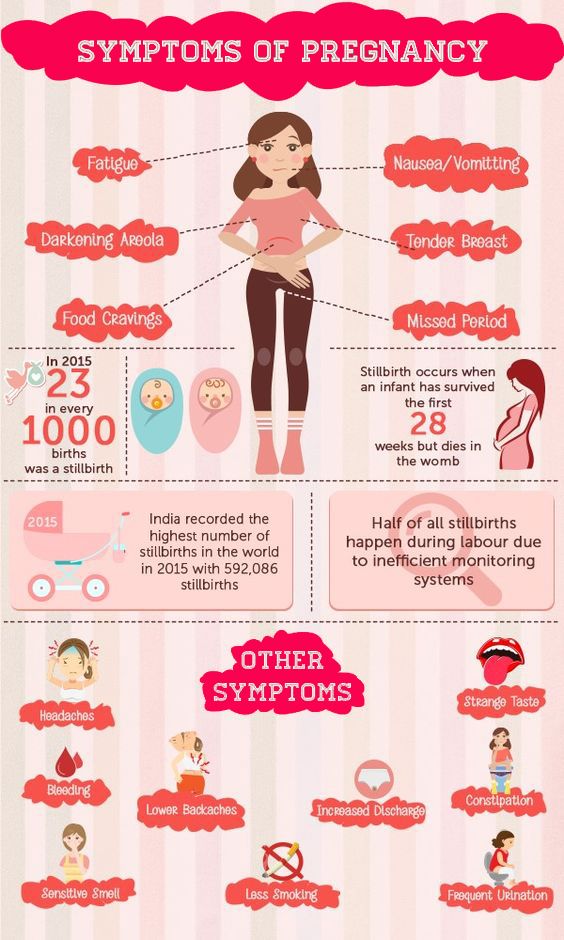
2. Changes in the mammary glands
The main hormonal changes occur differently for everyone, depending on the individual characteristics of the organism. The timing of when such restructurings begin to occur is also individual for each.
Breast volume
Breast swelling is the first and earliest sign of pregnancy. Usually, the breasts begin to increase in volume in the first 10 weeks, as well as in the period before childbirth. Sometimes the breast in the process of carrying a baby does not increase much. It all depends on the initial size and characteristics of the woman's body. But it also happens that the breast begins to gradually increase only by the sixth or seventh month, at the moment when the body begins to prepare for the upcoming birth. The growth of the milky tract occurs due to estrogens, while the glandular tissue begins its active growth thanks to progesterone.
Glandular tenderness and pain
Discomfort and pain can accompany a woman throughout pregnancy.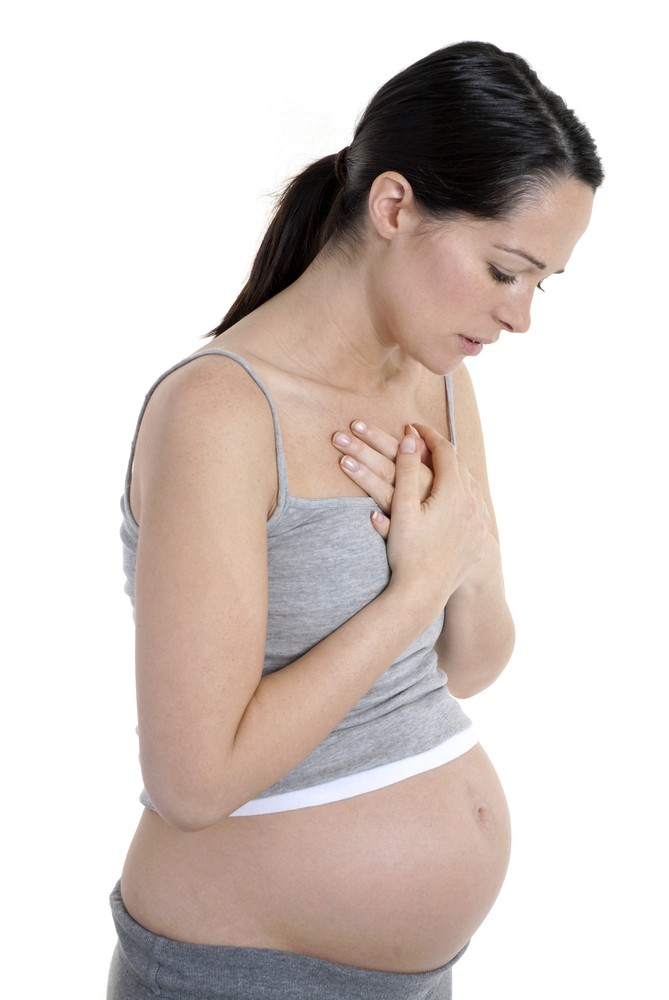 But it is chest pain that women begin to feel at the very beginning of pregnancy. The glands can hurt or itch even when the nipples come into contact with underwear. At the same time, expectant mothers note swelling, weighting, tingling of the chest.
But it is chest pain that women begin to feel at the very beginning of pregnancy. The glands can hurt or itch even when the nipples come into contact with underwear. At the same time, expectant mothers note swelling, weighting, tingling of the chest.
Discoloration of the nipples
Nipples and areolas in women at an early stage darken, increase in diameter. Such changes are an important step in preparing for the birth of a baby and breastfeeding. It is believed that it is thanks to the dark color of the areolas that it is easier for a newborn to find his source of nutrition. In addition to changes in color and diameter, small pimples may also appear on the areolas.
Discharge from the nipples
Colostrum is the first food of a newborn. Thanks to him, the baby in the first minutes of its existence receives useful substances that help strengthen the immune system and protect it from the negative effects of the environment. Colostrum is a thick, sticky yellow mass that is released before milk appears. In early pregnancy, a drop of colostrum can also be released from the breast, which indicates the preparation of the breast for birth and future feeding of the baby. To ensure breast hygiene at this stage, it is recommended to purchase special liners that are applied to the nipples in a bra. This will keep the underwear clean and prevent colostrum from getting onto the bra.
In early pregnancy, a drop of colostrum can also be released from the breast, which indicates the preparation of the breast for birth and future feeding of the baby. To ensure breast hygiene at this stage, it is recommended to purchase special liners that are applied to the nipples in a bra. This will keep the underwear clean and prevent colostrum from getting onto the bra.
Stretch marks and venous mesh on the chest
All these changes occur due to the increase in the volume of the mammary glands, as well as increased blood circulation in the woman's body. With sufficient levels of collagen, stretch marks can be avoided. With the right care, stretch marks can be less noticeable.
3. Tiredness
You may feel unusually tired during the first few weeks of pregnancy. This may be due to an increase in the level of progesterone in the body, since it maintains the mucous membrane of the uterine cavity in the state necessary for the development of pregnancy. For the same reason, some patients experience fainting. By the beginning of the second trimester, ailments usually disappear without a trace. However, it is important to be examined and make sure that there are no other health problems.
By the beginning of the second trimester, ailments usually disappear without a trace. However, it is important to be examined and make sure that there are no other health problems.
Also in the early stages of pregnancy, women experience a decrease in blood pressure. Due to the expansion of blood vessels, small capillaries are included in the blood circulation process. This is necessary for the proper nutrition of the pelvic organs and the proper development of the fetal egg.
With a decrease in blood pressure (hypotension), you may experience a headache, tinnitus, flies before the eyes. What to do in this case, the doctor will tell. Most often, it is enough to adjust the diet and spend more time in the fresh air. Low blood pressure is considered less dangerous during pregnancy than hypertension.
4. Toxicosis / morning sickness
Between the 2nd and 8th weeks of pregnancy, you may experience nausea and vomiting. As a rule, improvement occurs by the 16th week. Despite the name “morning sickness,” bouts of nausea can recur at any time of the day and it is possible that you will experience it all the time.
Despite the name “morning sickness,” bouts of nausea can recur at any time of the day and it is possible that you will experience it all the time.
5. Hyperemesis gestation (excessive vomiting)
1 in 100 women suffers from hyperemesis gestation. Usually, hyperemesis goes beyond the first trimester (12-13 weeks) and causes such frequent bouts of uncontrollable vomiting that no food or liquid is retained in the body. As a rule, it is treated, and only in very severe cases can lead to pregnancy complications. In case of severe vomiting, consult a doctor for advice.
Anti-nausea drugs are prescribed by a doctor only for women who are dehydrated - symptoms include increased dryness of the mouth and concentration of urine (dark yellow).
6. More frequent urination
From the first days of pregnancy, a woman's body produces hCG, a hormone also known as human chorionic gonadotropin, which increases the need to empty the bladder. As the pregnancy progresses, the body naturally begins to retain more fluid.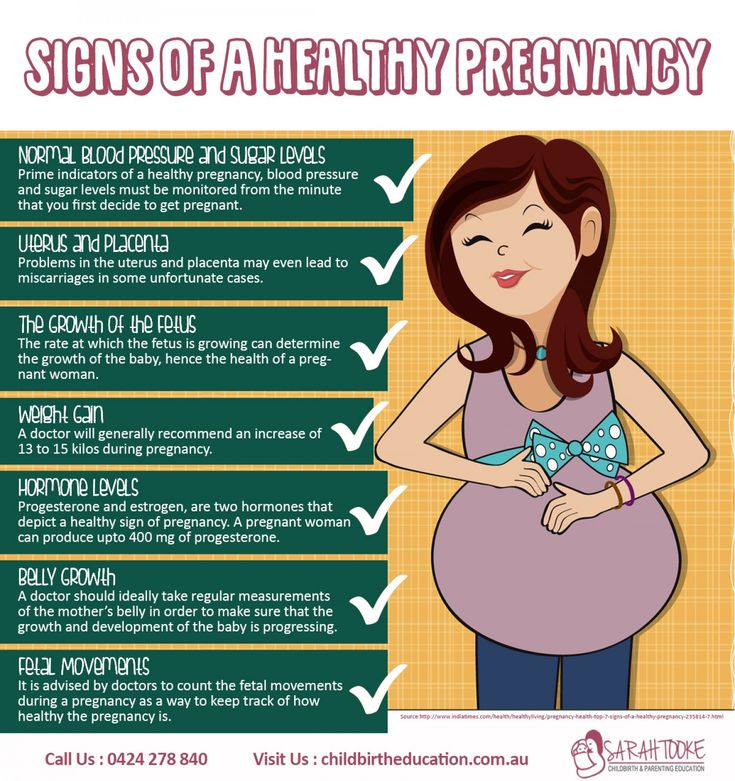 This happens under the action of the hormone progesterone.
This happens under the action of the hormone progesterone.
You may also need to urinate more frequently 6-8 weeks after conception. This is due to the fact that the uterus increases in size and puts pressure on the bladder. At the end of the first trimester, your uterus rises into your abdomen, which will take some of the pressure off your bladder.
If frequent urination becomes too much of a problem early in pregnancy, follow our advice:
- Avoid coffee or tea as they are considered diuretic drinks.
- Lean forward when you urinate. This simple action will help you better empty your bladder to the last drop. Sometimes the slopes should be repeated 2 times.
- Do not reduce the amount of liquid you drink per day (water, compote, juices, dairy products), thinking that this is a way out of this situation. Your body and baby need constant hydration. Dehydration can lead to the development of a urinary tract infection.
- Try to drink more during the day, and in the evening and before going to bed, reduce fluid intake to a minimum.
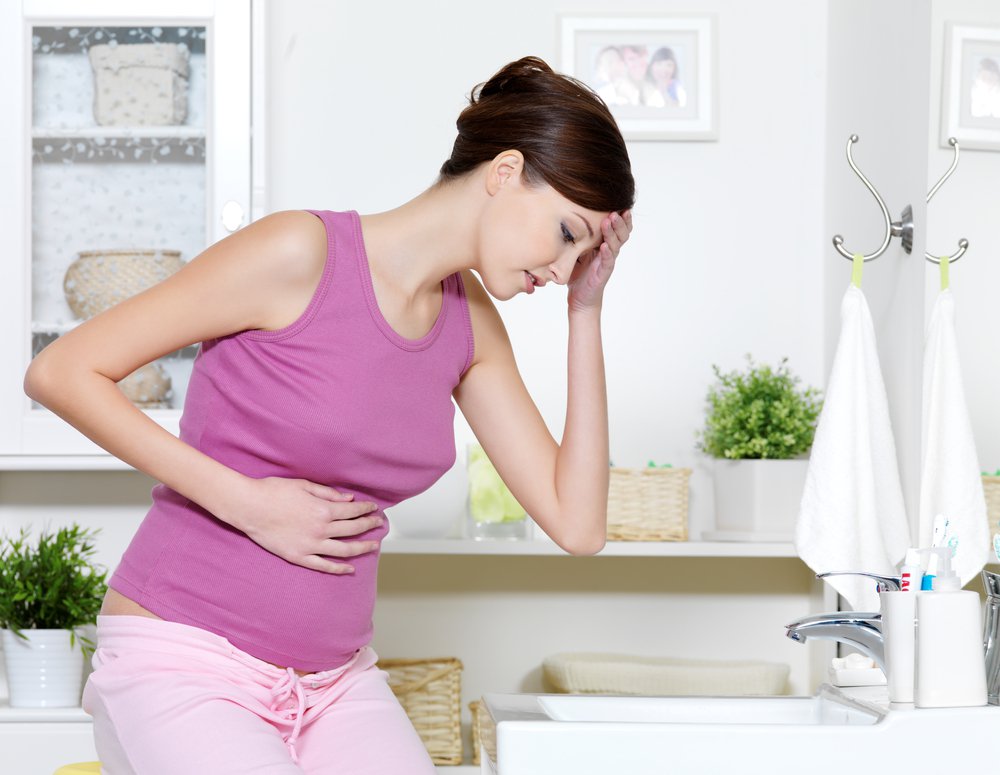
- Do not abuse salty, spicy, fatty foods, alcohol, do not eat smoked meats and other foods that cause increased thirst.
- Constipation can also trigger urination by putting pressure on the bladder, so increase your fiber intake to keep stool regular.
- Daily perform a special set of Kegel exercises aimed at strengthening the muscles of the pelvic floor. Such gymnastics is also recommended for stress urinary incontinence in pregnant women. Many exercises can be done while watching TV, driving a car, or sitting at a computer.
- Treat going to the toilet as a normal process, not as a pathology. Don't dwell on the problem.
7. Mood swings
Hormonal changes can cause mood swings in early pregnancy. You may even cry for absolutely no reason.
There are several versions of this condition:
- this is due to an increased surge of progesterone, which causes excitability. Similar to the state during the menstrual cycle.
 This also adds increased sensitivity of the mammary glands, early toxicosis, which cause not the most pleasant sensations;
This also adds increased sensitivity of the mammary glands, early toxicosis, which cause not the most pleasant sensations; - experts also explain the change in mood by the fact that this is a kind of defensive reaction and the ability to prepare for changes and accept them. A woman needs a lot of time to understand that now she is not alone, that a new life and a new person are developing inside;
- another version, at this moment the primitive instincts of procreation have influence, the expectant mother is trying in this way to protect the child from the negative effects of the environment;
- The main and most common version of nervousness at the initial stage is a sharp change in hormonal balance. But experts disagree and there is no consensus on this matter.
8. Changes in food preferences (“wishlists”) and sensitivity to smells
You may stop liking some things, such as tea, coffee and fatty foods, while you are drawn to foods that you usually do not eat. The smell of foods such as coffee, meat, or alcohol can also make you feel nauseous.
The smell of foods such as coffee, meat, or alcohol can also make you feel nauseous.
9. Cramping
In the first trimester and sometimes later in pregnancy, you may experience pain in your legs or feet. This is due to the fact that the body changes the way calcium is absorbed.
10. Heartburn
This symptom is due to hormonal changes and can occur at the very beginning of pregnancy, not disappearing until the very birth. The feeling of discomfort is provoked by the reflux of the acidic contents of the stomach and usually does not indicate a serious pathology. The use of chocolate, strong tea and coffee, as well as citrus fruits, increases the frequency of heartburn attacks.
11. Heaviness and pulling pains in the lower abdomen
Pregnancy symptoms such as heaviness and pulling pains in the lower abdomen in the early stages are observed in almost every pregnant woman and are associated with increased blood circulation in the pelvic area during attachment of the embryo to the uterine wall. Heaviness and pain are very similar to premenstrual and usually do not cause serious inconvenience.
Heaviness and pain are very similar to premenstrual and usually do not cause serious inconvenience.
Severe pain can be a sign of ectopic pregnancy, miscarriage and other pathologies, so if you have severe pain, you should see a doctor as soon as possible. Acute pain combined with spotting is a symptom requiring emergency medical attention.
from the first signs to quality therapy with competent specialists
Gynecologist
Temisheva
Yakha Akhmedovna
Experience 45 years
Obstetrician-gynecologist of the highest category, candidate of medical sciences, member of the Association of Gynecologists-Endoscopists of the Russian Federation, member of the Endometriosis Association, member of the Society for Reproductive Medicine and Surgery, member of the European Society of Gynecology
Make an appointment
Pregnant women often suffer from a particularly form of poisoning organism - toxicosis.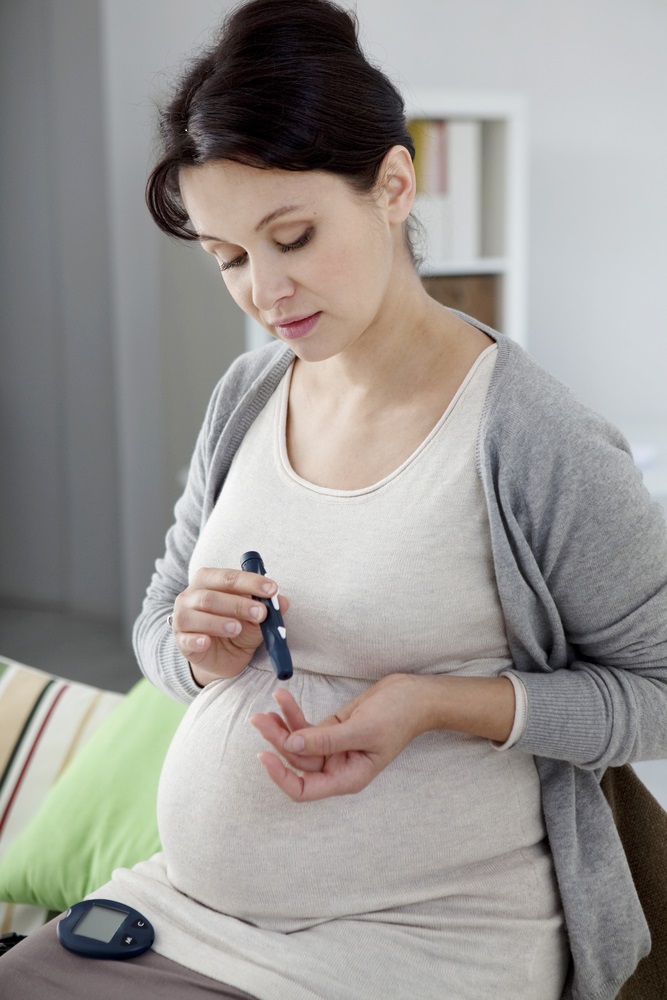 Pathology is accompanied by nausea and vomiting. In pregnant women, the body is poisoned by the products of the fetus. This pathology is manifested by a wide range of symptoms. Modern medicine is able to eliminate the disease.
Pathology is accompanied by nausea and vomiting. In pregnant women, the body is poisoned by the products of the fetus. This pathology is manifested by a wide range of symptoms. Modern medicine is able to eliminate the disease.
Toxicosis in pregnant women: a manifestation of the disease
Toxicosis is a poisoning. The fetus secretes products inside the woman's body. The latter begins to perceive the work of the fetus as hostile. As a result, symptoms of poisoning appear.
Signs of toxemia in pregnancy:
- persistent nausea and strong morning gag reflex;
- increased drowsiness;
- constant weakness and poor performance;
- constant changes of mood of a sharp nature;
- Dislike for strong odors.
Pathology manifests itself during the first trimester of pregnancy. But not all women see it. Why this happens - there is still no exact answer. Over time, the phenomenon itself disappears. But some develop toxicosis at a later stage of pregnancy.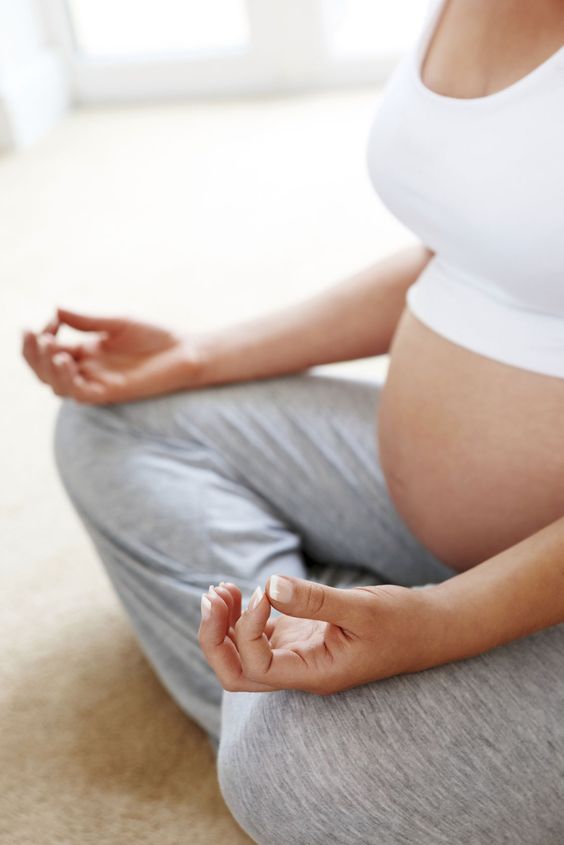 This is a more dangerous form of toxicosis, since it can adversely affect the course of pregnancy. Supervision by specialists at the hospital will be required.
This is a more dangerous form of toxicosis, since it can adversely affect the course of pregnancy. Supervision by specialists at the hospital will be required.
Symptoms of pathology appear gradually after conception. At the beginning, the disappearance of appetite and increased irritability are observed. The disease is gradually getting worse. But for one woman, only a few symptoms are characteristic, and not all at once. And so for everyone.
Origins of the development of pathology
During pregnancy, hormonal changes in the female body occur. This is a natural process.
Modern science is not able to give an exact answer about the development of toxicosis. Each woman develops this disease individually. It all depends on the immunity and physiological characteristics of the body of a pregnant woman. Quality therapy requires an individual approach.
The nascent fetus produces waste products and produces toxins. The disease is not terrible and you should not be afraid of it. The task of the future mother is to alleviate her situation in possible ways.
The task of the future mother is to alleviate her situation in possible ways.
Additional causes of toxicosis:
- growth of the placenta;
- protecting the body from the effects of an actively growing fetus;
- presence of chronic diseases;
- unstable psychological state of a pregnant woman;
- genetic predisposition;
- pregnancy with multiple fetuses;
- big age pregnant.
The development of toxicosis is accompanied by a considerable number of factors. It is difficult to try to determine the source of the problem and how to influence it on your own. Specialists of JSC "Medicina" (clinic of academician Roitberg) will help a woman get rid of discomfort and turn the initial stage of pregnancy into pleasure.
Risks of toxicosis
Despite the natural origin of the disease, it carries risks. They are associated with the course of pregnancy and the quality of gestation. Also, the disease can negatively affect the general condition of a woman.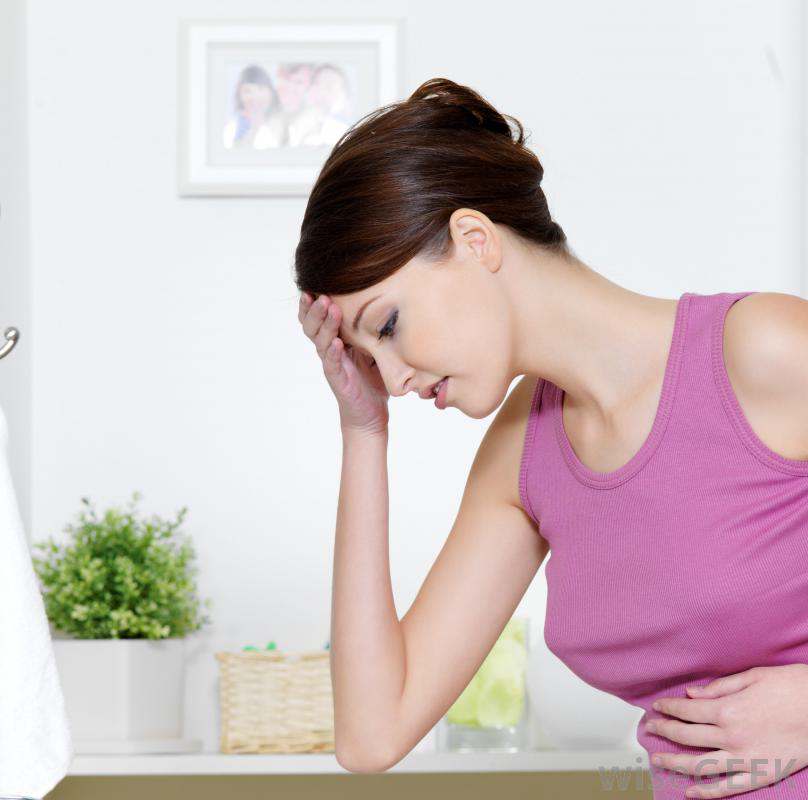
Risk factors for toxicosis in pregnant women:
- lack of quality sleep;
- constant overwork;
- no power system.
The fetus requires additional resources of the female body for development. But the body does not rest and does not receive high-quality nutrition for the growth of the fetus.
There are several degrees of early toxicosis in pregnant women:
- mild degree. Vomiting no more than 5 times a day. Loss of body weight not more than 3 kg;
- average degree. Vomiting up to 10 times a day. In 2 weeks, a woman can lose up to 10 kg of weight. Unsatisfactory general condition;
- severe degree. Vomiting more than 25 times a day. Loss of body weight more than 10 kg. Development of liver and kidney failure, general degradation of the body.
Observation of a general deterioration in well-being and the active manifestation of symptoms is a reason to consult a specialist. Gagging and not eating deprive the fetus of important nutrients.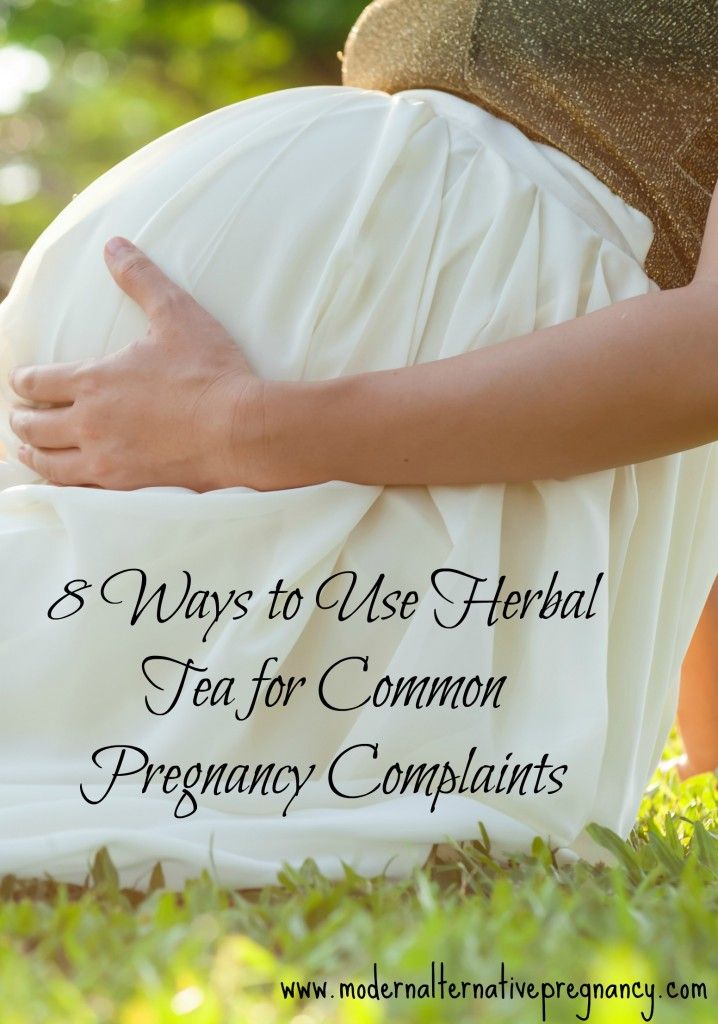
Risks of complications
The effect of toxicosis on the body of a pregnant woman depends on the degree of development of the disease. The first degree is harmless to the woman's body and proceeds naturally. In some cases, the second degree does not pose a threat. In a normal course, by 14 weeks, the symptoms disappear.
The third degree is dangerous for the health of the woman and the fetus. There is dehydration of the body and its exhaustion. Women are at risk of developing complications:
- heart and kidney failure;
- pulmonary edema;
- falling into a coma due to exhaustion;
- placental insufficiency in late pregnancy;
- fetal growth retardation;
- risk of preterm birth.
Toxicosis is not always mild in pregnant women. The health of the fetus is in the hands of the mother and father. With the development of symptoms of the disease, the risk of complications increases proportionally.
Contacting a specialist
Do not rely on your own strength to overcome toxicosis in the early stages and its consequences. Specialists of JSC "Medicine" (clinic of Academician Roitberg) believe that pregnancy should be comfortable. Despite the absence of a threat from a mild form of the disease, you should still see a doctor.
Factors that determine an urgent visit to a doctor in the center of Moscow in case of toxicosis of pregnant women:
- vomiting more than 5 times a day. Due to the regurgitation of nutrients in the body, exhaustion and dehydration develop;
- the number of urination has decreased, and the urine has become dark in color. With vigorous activity, dizziness is observed;
- abdominal pain;
- vomiting on eating and no food for more than 12 hours;
- weight loss exceeds 2.5 kg per week.
The listed factors of toxicosis reflect serious problems with the body. Procrastination will only lead to more problems.
Visit or doctor's visit: preparatory measures
Feeling unwell, constant depression and vomiting require preparation before an independent visit to the medical center. It is worth relaxing before going to the hospital.
Relatives require:
- make an appointment for a pregnant woman in advance;
- arrange delivery in the most comfortable conditions by car or taxi as soon as possible;
- promptly pick up the pregnant woman from the clinic.
If you have acute problems, you should wait for the doctor to come home. Ambulance is an effective measure in the fight against toxicosis, since the patient may be unable to move independently.
Diagnostic tests for toxicosis
Obvious symptoms do not give the right to self-diagnosis of toxicosis during pregnancy. The patient should be examined by a specialist. Doctors of various directions of our multidisciplinary medical center in the center of Moscow are engaged in the treatment of diseases. It depends on the strength of the disease and the presence of additional pathologies.
It depends on the strength of the disease and the presence of additional pathologies.
- Gynecologist. Qualified specialists will tell you how to deal with toxicosis with medication and other means. The pregnant woman will be explained the causes of toxicosis and how long the toxicosis lasts. The doctor will listen to the symptoms of toxicosis of the pregnant woman and accurately describe the clinical picture. Toxicosis of the first pregnancy should not cause fear and patients - the task of the gynecologist is to give confidence to future women in labor. There is also an opportunity to ask a specialist about the timing - when toxicosis ends.
- Severe toxicosis and the presence of complications require an in-depth study of the condition of patients by other specialists. In our clinic, it is possible to undergo examinations by a physiotherapist. The doctor will tell you how to alleviate toxicosis and reduce its effect on other organs.
- Problems of a personal nature will be resolved by a psychologist.
 The specialist will help resolve family problems until the toxicosis ends. The psychologist will tell you how to deal with toxicosis.
The specialist will help resolve family problems until the toxicosis ends. The psychologist will tell you how to deal with toxicosis.
The family and the pregnant woman herself should prepare in advance for the period when toxicosis begins. They do this at the stage of pregnancy, so as not to unnerve the woman once again. JSC "Medicina" (clinic of Academician Roitberg) provides a full range of medical services for pregnant women in the Central District.
Methods of treatment
Severe manifestations of the disease require the use of specialized drugs. Self-medication can be harmful, so you should definitely consult with the specialists of JSC "Medicine" (clinic of Academician Roitberg). So there will be no risk of harm to the fetus.
Principles of treatment:
- mild form does not require treatment. Everything comes down to observation;
- elimination of vomiting;
- choleretic drugs relieve symptoms and improve liver function;
- other prescribed drugs will help get rid of muscle spasms, eliminate abdominal pain, lower blood pressure and overcome general weakness.
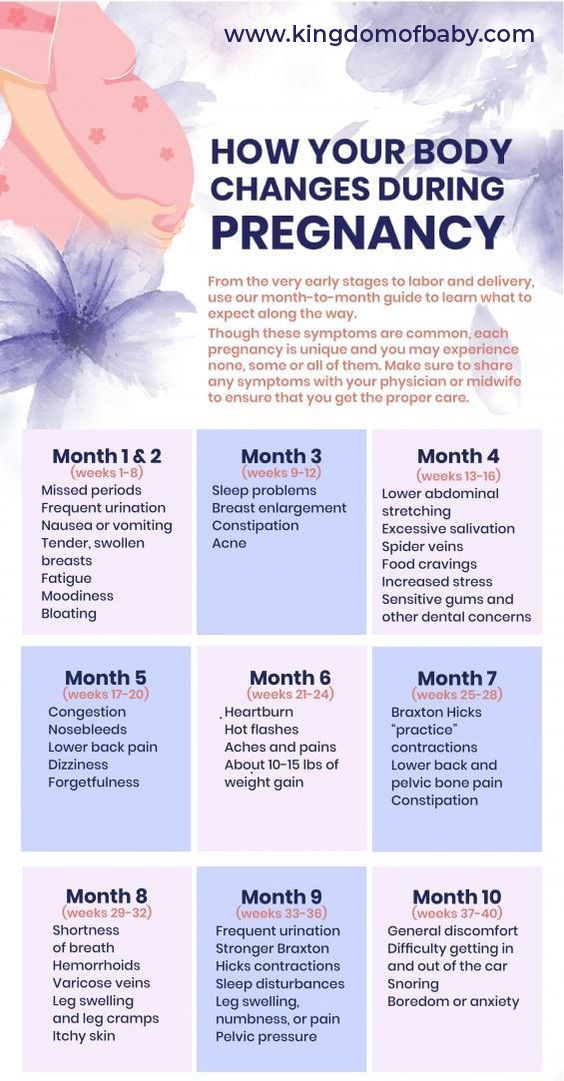
Medications are prescribed by qualified doctors based on the results of tests. Findings unsupported by research and treatment based on them are dangerous to health.
Home remedies for morning sickness
Home remedies can help relieve mild illness. Pregnant women and loved ones should take care of the implementation of proven methods.
Home remedies for toxicosis:
- good sleep;
- regular long walks;
- eating small meals, but often;
- refusal of fatty and salty foods;
- remove all extraneous and unpleasant odors in housing that cause irritation;
- favorable psychological environment.
Do not give in to stress and overwork. Controlling your emotions will help you achieve a happy meeting with your newborn. Folk remedies will help you easily endure a simple form of toxicosis.
Toxicosis during pregnancy: myths and misconceptions
There are established opinions about the manifestation of toxicosis. Not all of them are true. You should not listen to public opinion.
Not all of them are true. You should not listen to public opinion.
- Nausea will be a girl. Gagging is a symptom of intoxication due to fetal development. What will be his gender - it does not matter.
- In a strong organism, the manifestations of toxicosis are more powerful. Here, rather, the opposite is true - a strong body is able to cope with the problems that have arisen.
- Toxicosis is not curable. The phenomenon is not amenable to complete treatment, but the condition of a pregnant woman can be significantly alleviated.
Exact answers to questions can only be given by experts.
Preventive measures
Preventive measures are aimed at preventing the occurrence of the side effects of toxicosis. It is important for a young mother to control herself throughout the day.
Useful tips:
- no sudden movements, especially in the morning;
- split meals with lots of snacks;
- cumin or regular chewing gum prevents vomiting;
- high intake of vitamin B6 contributes to the absence of vomiting4
- only light food in the diet;
- the use of large volumes of liquid per day in small portions;
- drinking decoctions of mint.


